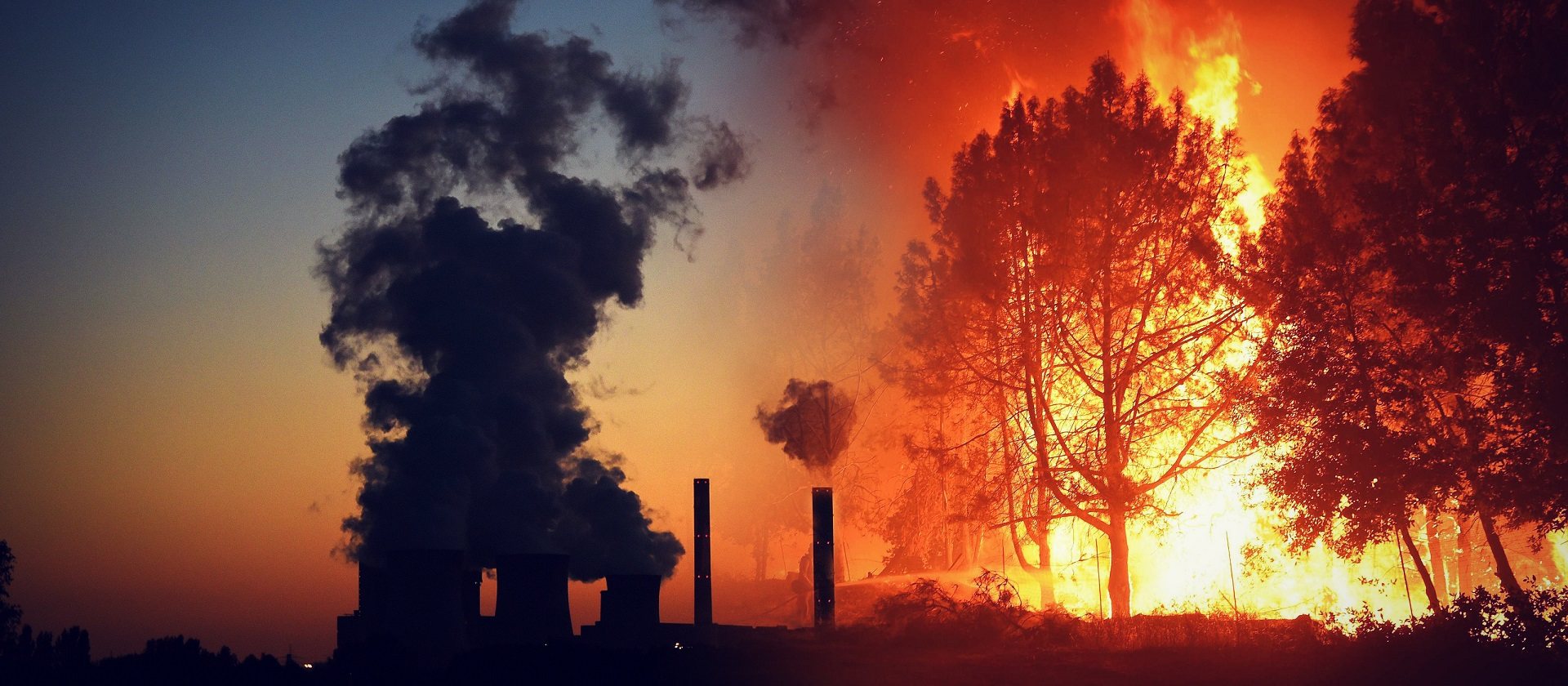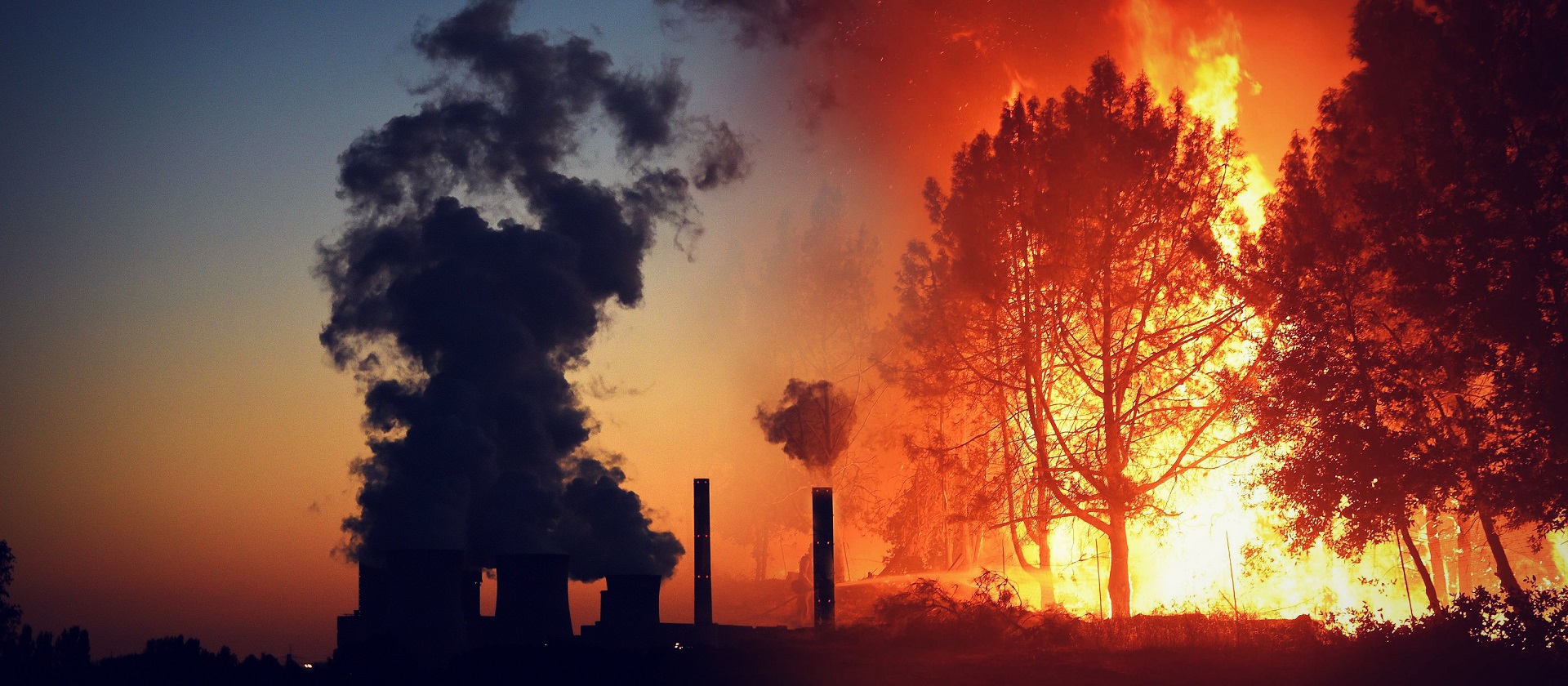I wrote a blog on this topic a few days ago, where I highlighted the unpredictable weather in the region where I live. The changes that are currently happening around me are not only changing the appearance of nature, but are also having a profound and lasting impact on human health.
The weather in North Bengal, Bangladesh has always been diverse, but in recent days its behavior has become completely different from before. A few days ago, everyone was working alertly in the heat of the sun, suddenly everyone was surprised by a sudden shower, and within a few minutes it was so cold that it felt like winter had arrived. People quickly took out their warm clothes—mufflers, jackets, hoodies—but the next day the heat of the afternoon sun returned, and at night the house became cold again with cold air. This rapid change is disrupting the rhythm of our daily lives and causing various complications in the body.


In my opinion, climate change is not only causing temperature fluctuations, but also multiple health risks. For example, irregular weather makes it difficult for our bodies to regulate their internal temperature, which can lead to fatigue, headaches, and colds and flu after prolonged exposure. In addition, standing in extreme heat or suddenly falling into the cold weakens the body's immune system, making it more susceptible to viruses and bacteria.
On the one hand, climate change is causing the outbreak of new diseases—mosquito-borne diseases such as dengue, malaria, and other infections are another threat. On the other hand, this change is also having a devastating impact on food production. Crops grown according to natural seasons are no longer able to guarantee the same nutrition and taste as before. The excessive use of chemical fertilizers and pesticides, which seem to help keep our food crops safe, are actually gradually reducing the nutritional value of food.
The impact of climate change is also noticeable in mental health. The uncertainty of daily life, sudden natural disasters, and lack of food and livelihoods—all of these are giving rise to stress, anxiety, and depression. The younger generation in particular is becoming increasingly concerned about their future in this unstable environment. In my opinion, this stress will only deepen the health crisis in our society if we do not take effective action today.
But there is a solution. We must first understand that climate change is not a natural process, but the result of human activity. Governments and policymakers should increase the use of renewable energy sources, reduce carbon emissions, and adopt environmentally friendly policies. At the individual level, if we make everyday changes in our lives—such as reducing electricity and water waste, planting trees, and avoiding the risk of chemical-free food—we may be able to mitigate some of the effects of this catastrophe.
Climate change is no longer just a future fear; it is a reality today that affects every aspect of our health and lives.

